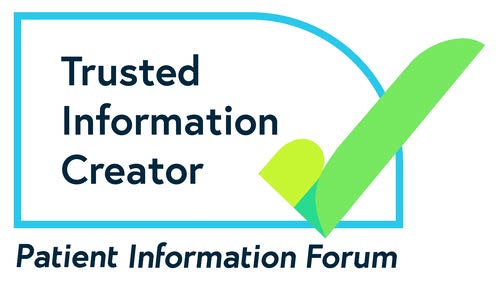An eczema patient journey
Eczema is an extremely common, inflammatory skin condition that mainly affects children but can also affect adults too. It's believed that up 15 million people live with eczema in the UK, with one in five children being affected. It's often hereditary and is thought to occur as a result of a defect in the skin's barrier.
It is not uncommon for people who suffer from other allergies (hay fever, wheat allergies, and lactose intolerance) to experience symptoms of eczema as well as those who suffer from asthma. Eczema can also occur as an allergic reaction to a substance (such as household or workplace chemicals, Nickel, Latex, etc.) - something known as contact dermatitis
The most common symptoms of eczema are:
- itching
- patchy areas of red skin
- dry skin
- inflammation (swelling)
Symptoms of eczema can occur all over the body. Babies commonly have eczema on the face, scalp, outer arms, legs and around the nappy area. In children, the areas most likely to be affected are the wrists, knees, elbows, ankles and face including the eyelids, while adults tend to experience eczema in one area - whether that's the face, hands, neck or scalp.
Because the skin becomes dry and itchy, eczema sufferers tend to scratch. This can cause damage to the protective layer of the skin causing it to weep, crust, bleed, and sometimes become infected. If you suspect your eczema may be infected (your eczema has worsened, you have fluid oozing from the infected area, the eczema patches are hot and/or red, you have a temperature or are feeling generally unwell), make an appointment to see your doctor as soon as possible.
There are different types of eczema and symptoms will vary from person to person.
- Atopic eczema – the most common type of eczema with those affected experiencing itchy, red patches of skin on the body
- Discoid eczema – circular or oval-shaped patches of skin
- Varicose eczema – often affects the lower legs and is caused by a problem with blood flow
- Seborrheic eczema – a type of eczema where red scaly patches appear on the sides of the nose, ears, eyebrows and scalp
- Dishyrdrotic eczema – a type of eczema which causes blisters on the hands
There are a number of self-help measures that can reduce dryness and soothe inflammation which may, in turn, relieve the need to scratch, such as using soap substitutes, wearing only clothes made from natural fibres, avoiding certain cosmetic products and using medicated shampoos in the case of scalp eczema. Vitamins and supplements used as part of a balanced diet may also help.
If these self-help measures prove ineffective, a doctor should be consulted.
Your GP will ask about:
- the duration and severity of symptoms and their effect on your lifestyle (including sleep patterns)
- whether there is any family history of eczema, hay fever, asthma or allergies
- whether there are any complicating factors
- what skin products you use
- what other chemicals may come into contact with your skin.
Diagnosis is mainly based on an examination of the skin although it may help to keep a diary of when and where flare-ups of eczema occur so your doctor can see if there may be something which is triggering eczema.
Treatment aims to reduce the dryness of the skin and reduce irritation to prevent damage and infection. Your doctor is likely to advise you to use emollients (moisturisers) on a daily basis to help protect the skin and create a barrier. Topical corticosteroids (a cream or ointment) may also be prescribed to reduce swelling and flare-ups. Although there is no cure, most people affected find that their symptoms improve significantly as they get older and can sometimes even resolve completely. Eczema can, however, continue or even develop for the first time in adult life.
If a specific chemical trigger is suggested, then a referral to a dermatologist or allergy specialist for patch testing may be recommended by your doctor. Allergy-related cases may be treated with antihistamines. Severe cases may be treated with antibiotics to reduce the risk of infection or, where the skin becomes inflamed, steroids to reduce inflammation. Very severe cases that prove resilient to the above treatments may be treated by immunosuppressants (powerful medicines that suppress the body’s immune system).
Eczema can be very distressing and can cause emotional and psychological problems. These should be discussed with your doctor, family, or friends. Some cases may even require counselling or psychiatric treatment.
talkhealth works with: British Skin Foundation, the Nottingham Support Group for Carers of Children with Eczema, the British Association of Dermatologists, the British Association of Skin Camouflage, and Skin Deep Behind the Mask.
You can also visit our talkeczema forum to talk with other eczema sufferers, and our eczema blog to read the latest news and thoughts from the eczema community.
Sources used in writing this article are available on request.
Information written by the talkhealth team
Last revised: 17 April 2020
Next review: 17 April 2023


